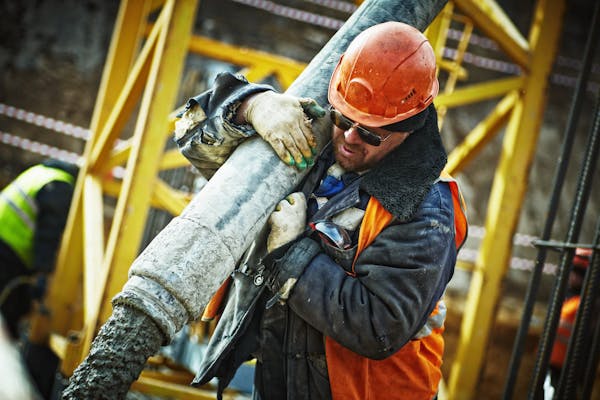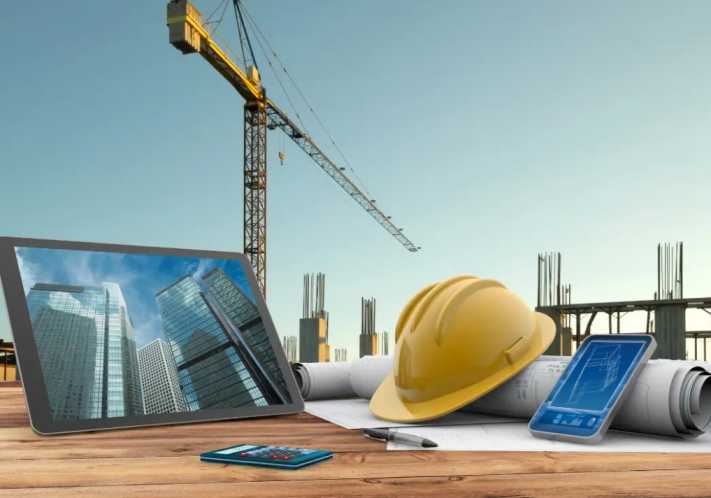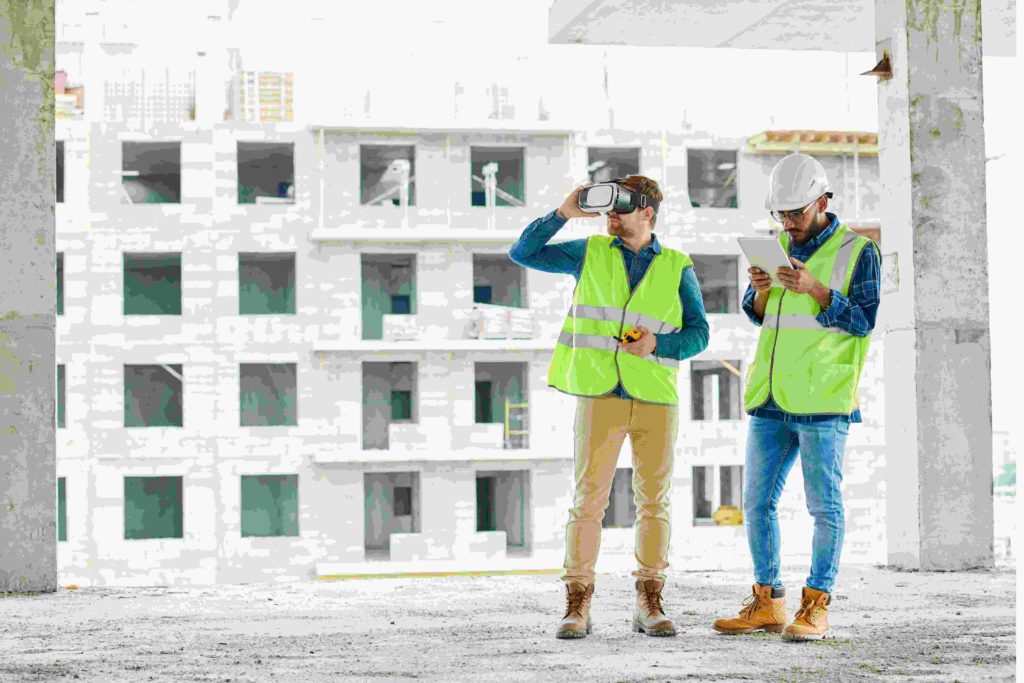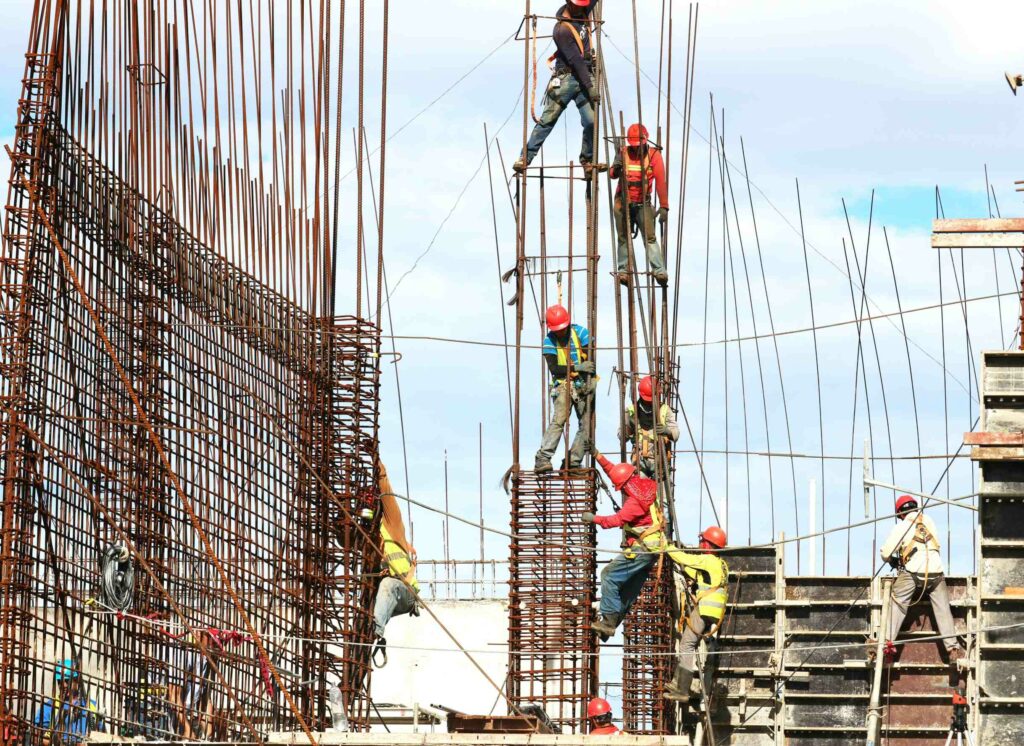Key Trends Shaping the Construction Industry in 2025
The construction industry is on the brink of a transformative era in 2025, driven by rapid advancements in technology, changing economic dynamics, and evolving environmental regulations. These emerging trends promise to reshape the way we build, manage, and sustain our built environments. From the integration of cutting-edge technologies to the adoption of sustainable practices, the construction landscape is set to undergo significant changes. This article explores the key trends that will redefine the construction industry in 2025 and beyond.
The Rise of Smart Construction Technologies
One of the most significant trends in the construction industry for 2025 is the increased adoption of smart construction technologies. These innovations, including the Internet of Things (IoT), artificial intelligence (AI), and advanced robotics, are revolutionizing how projects are planned, executed, and managed. IoT-enabled sensors provide real-time data on site conditions, enhancing safety and efficiency by alerting workers to potential hazards and ensuring optimal working conditions.
AI-driven software aids in predictive maintenance, reducing downtime and costs by forecasting when machinery and equipment are likely to require servicing. This allows for more efficient scheduling of repairs and replacements, thereby avoiding costly delays. Robotics, particularly in tasks like bricklaying, welding, and demolition, are improving precision and speed, thereby transforming construction processes by reducing human error and increasing productivity.
Sustainable and Green Building Practices
As the world grapples with climate change, the construction industry is under pressure to adopt more sustainable and eco-friendly practices. In 2025, green building standards and certifications, such as LEED (Leadership in Energy and Environmental Design) and BREEAM (Building Research Establishment Environmental Assessment Method), are becoming more prevalent, serving as benchmarks for environmental performance.
Innovations in materials, like carbon-neutral concrete, which reduces carbon emissions during production, and sustainable insulation made from recycled materials, are significantly reducing the environmental footprint of buildings. Additionally, the focus on energy-efficient designs is intensifying, with architects and engineers incorporating passive solar design, high-performance windows, and advanced HVAC systems to minimize energy consumption.
Modular and Prefabricated Construction
Modular and prefabricated construction methods are gaining traction as they offer numerous advantages over traditional construction techniques. These methods involve manufacturing building components off-site in a controlled environment and then assembling them on-site. This approach not only reduces construction time and costs but also minimizes waste and improves quality control, especially if you use reputable stainless steel suppliers who can guarantee top-quality materials.
In 2025, we can expect to see a surge in modular construction projects, particularly in residential, commercial, and healthcare sectors, driven by the need for faster and more efficient building solutions.
Digital Twins and Building Information Modeling (BIM)
Digital twins and Building Information Modeling (BIM) are transforming the way construction projects are designed, managed, and maintained. A digital twin is a virtual replica of a physical building that can be used to monitor and manage its performance throughout its lifecycle. BIM, on the other hand, is a collaborative process that enables stakeholders to create and manage a building’s data in a digital format.
In 2024, the integration of digital twins and BIM will enhance project visualization, improve coordination among stakeholders, and facilitate better decision-making, leading to more efficient and sustainable construction practices.
Enhanced Focus on Safety and Health
Safety and health have always been paramount in the construction industry, but 2025 will see a renewed emphasis on these aspects. The integration of wearable technology, such as smart helmets and vests equipped with sensors, will enable real-time monitoring of workers’ health and safety conditions. Drones and AI-powered surveillance systems will enhance site inspections and hazard identification.
Additionally, mental health initiatives and wellness programs will become more prevalent, addressing the well-being of construction workers and fostering a healthier work environment.
The Growth of 3D Printing in Construction
3D printing is poised to revolutionize the construction industry by enabling the creation of complex structures with unprecedented precision and speed. We can expect to see more large-scale 3D printing projects, from residential homes to commercial buildings and infrastructure. This technology offers numerous benefits, including reduced material waste, lower labor costs, and the ability to create customized designs.
Moreover, 3D printing can be utilized in remote and disaster-stricken areas to quickly provide affordable housing and essential infrastructure, showcasing its potential to address global construction challenges.
Bottom Line
The construction industry is entering an exciting and transformative period, driven by technological advancements, sustainability imperatives, and a renewed focus on safety and efficiency. The adoption of smart construction technologies, sustainable building practices, modular construction, digital twins, enhanced safety measures, and 3D printing will reshape the way we build and manage our built environment.
As these trends continue to evolve, they will not only improve the efficiency and quality of construction projects but also contribute to a more sustainable and resilient future for the industry. Embracing these changes will be crucial for stakeholders to stay competitive and meet the demands of a rapidly changing world.




3 thoughts on “Key Trends Shaping the Construction Industry in 2025”